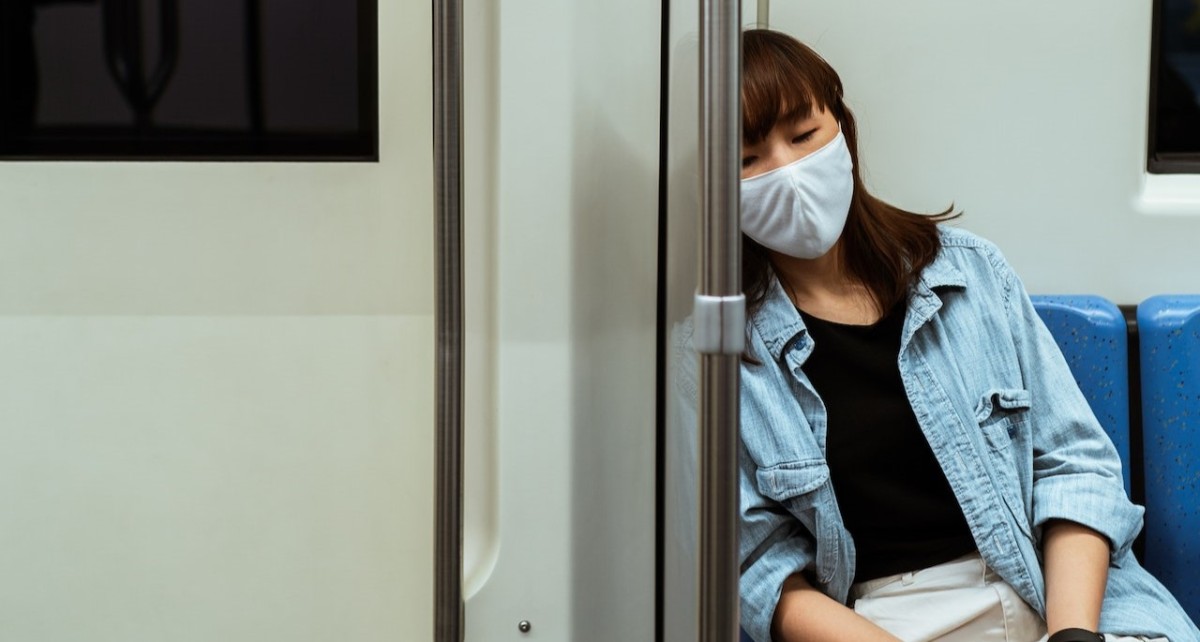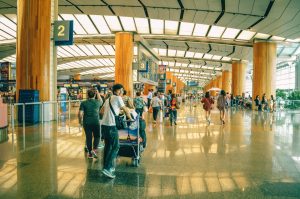World Sleep Day is an annual event that celebrates the importance of healthy sleep for our overall well-being. In commemoration of this special day, let’s delve into the fascinating world of sleep habits across Asia.
This article will explore six interesting facts about sleep patterns in Asia from a medical perspective.
Late Bedtimes in Japan
Did you know that Japan has one of the latest average bedtimes in the world? A study by Jawbone revealed that the average bedtime in Japan is around midnight. This late bedtime is often attributed to the nation’s demanding work culture and long hours spent on commuting. Deprivation of quality rest can have serious health consequences, including an increased risk of cardiovascular diseases and impaired cognitive function.
Siesta Culture in the Philippines
In the Philippines, taking a midday nap, or “siesta,” is a common cultural practice. This habit has its roots in the country’s Spanish colonial history and is still prevalent today. A short afternoon nap can help improve mood, alertness, and cognitive performance. However, it is essential to keep these naps short (20-30 minutes) to prevent grogginess and disrupted nighttime habits.
Co-sleeping in India
Co-sleeping, or sharing a bed with family members, is a widespread practice in India. This tradition stems from the strong emphasis on family bonding and the desire to maintain close-knit relationships. Studies have shown that co-sleeping can provide emotional security for children and facilitate better rest quality. However, it is crucial to ensure a safe sleeping environment to minimize the risk of suffocation or accidents.
High Smartphone Usage Before Sleep in South Korea
South Korea has one of the highest smartphone penetration rates globally, and this has influenced the nation’s nighttime habits. A study by the National Center for Mental Health revealed that 97% of South Korean adolescents used their smartphones within an hour of going to bed. This excessive screen time before going to bed can lead to delayed sleep onset, reduced rest quality, and an increased risk of sleep disorders.
Shorter Duration in Singapore
Singaporeans are known for their short sleep duration, averaging only 6 hours and 32 minutes per night, according to a study by SingHealth Polyclinics. The study also found that 44% of Singaporeans suffer from different disorders such as insomnia and sleep apnea. Chronic rest deprivation can have a significant impact on mental and physical health, including increased stress, weakened immune system, and a higher risk of chronic diseases.
Traditional Remedies in China
In China, traditional remedies such as herbal teas and acupuncture are often used to promote restful slumber. For instance, teas made from jujube, lavender, or chamomile are believed to have calming and sleep-inducing properties. Acupuncture, a key component of traditional Chinese medicine, has been shown to improve sleep quality and reduce insomnia symptoms by stimulating specific points on the body to balance the flow of energy or “qi.”
Conclusion
Sleep is an essential aspect of our overall health, and understanding the unique sleep habits across Asia provides valuable insights into the cultural and medical factors that influence our rest. This World Sleep Day, let’s take the opportunity to prioritize our rest and make healthy changes to our sleep routines for better well-being.













